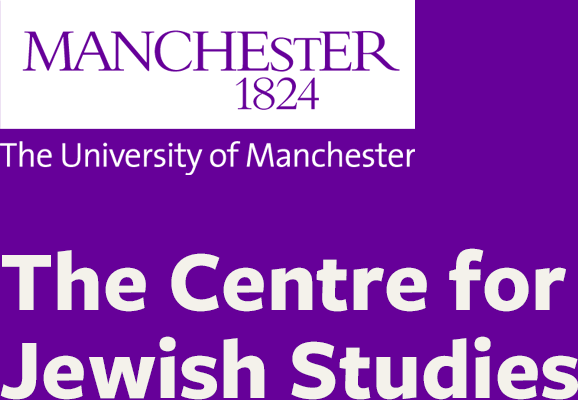Agunah Research Unit
The Agunah Research Unit was founded at the University of Manchester in 2004 and concluded its research in 2009. Its personnel consisted of Professor Bernard Jackson (Director), Rabbi Dr. Yehudah Abel (Senior Research Fellow), Dr. Avishalom Westreich (Postdoctoral Research Fellow), and two PhD students, Shoshana Knol and Nechama Hadari, both of whose theses have now been approved.
The Unit was assisted at various times by a number of visiting Rabbis and Scholars, including R. Yehezkel Margalit, Rabbi Professor Daniel Sperber, Professor Elimelekh Westreich and a distinguished group of senior Rabbis and scholars who participated in a private feedback workshop in July 2008. We thank all who have interacted with our work, both in Manchester and at conference/seminar presentations in the UK, the US and Israel. Naturally, we alone are responsible for the publications listed on this site.
We are grateful to a number of foundations, charitable trusts and individuals who have supported our work, notably the Leverhulme Trust, the Rothschild Foundation Europe (formerly Hanadiv), the British Academy, the Harbour Charitable Trust, the David Uri Memorial Trust, the Steinberg Family Trust, the Davidson Family Trust, Mr. Romie Tager QC, Mr. Ralph Shaw and the late Dr. M. Ish-Horowicz.
The problem of ‘iggun arises in Jewish law where a husband disappears or refuses to give a get (a Jewish divorce) to his wife, so that she becomes a ‘chained wife’ (agunah), who is not free to marry again according to rabbinic law and whose children from any subsequent non-marital union (during the lifetime of the former husband) may be deemed mamzerim, and face considerable disabilities in Jewish law. This represents a major issue throughout the world Jewish community.
The purpose of the Unit was to explore ways, within Orthodox Halakhah, to solve the problem of the mesurevet get, where a husband refuses to give a get to his wife, despite the view of a Bet Din that he ought to do so, in such a way that the problem does not arise at all, or at least that solutions are available to all sections of the Jewish community.
It sought to develop new thinking in relation to both the problems of authority which presently impede proposed solutions and possible combinations of approaches which have been used in the past in addressing the problem (particularly, the use of conditions, coercion and annulment).
The arguments developed by the Unit are technical, and directed primarily towards the halakhic authorities. Since publication of the Draft Final Report, a number of private meetings have been held with leading dayyanim, and it is hoped that, with the publication of a Hebrew version of the Report, further consideration will be given to these arguments.
This in itself does not assist the situation of present agunot. However, those now contemplating marriage within the Orthodox community (and their congregational Rabbis) now have a greater capacity to make informed choices as to the options available to them, as is argued in the Lecture launching the Draft Final Report in 2009 (no.21 of the Working Papers downloadable from the Publications page). By exercising such choices, couples now contemplating marriage may contribute towards an incremental process leading ultimately to a global solution to the problem.
Correspondence arising from the work of the Unit should be directed to Professor Bernard Jackson at bsj@legaltheory.demon.co.uk.

